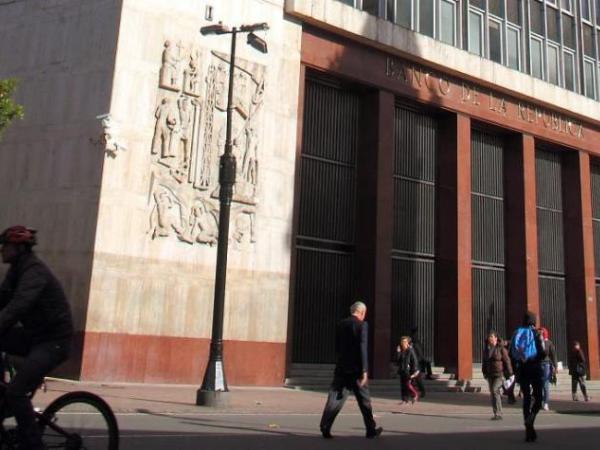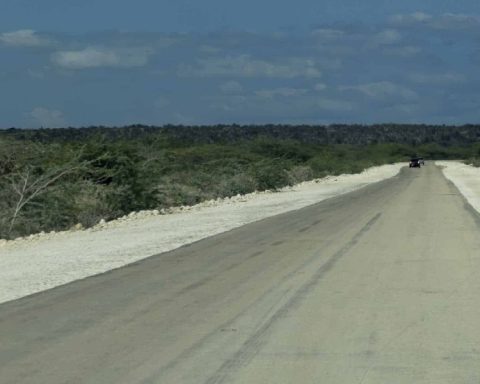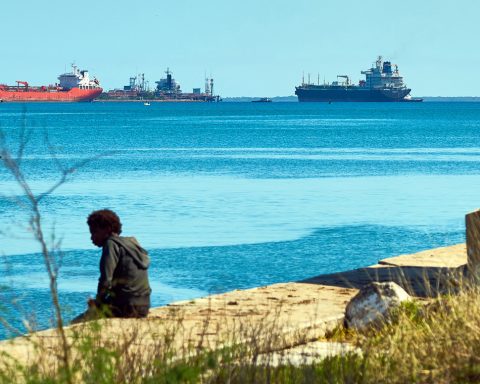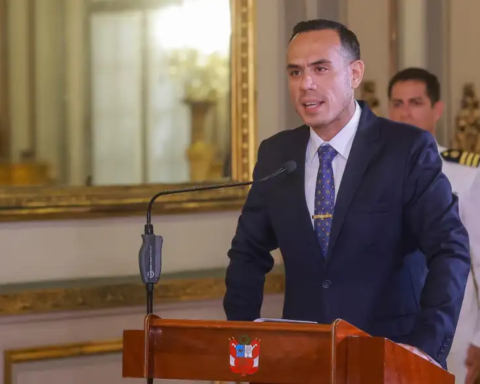The manager of the Bank of the Republic, Leonardo Villar Gómez, spoke about the effects of the crisis between Russia and Ukraine, the high oil prices, the independence of the central bank, the concerns that President Iván Duque has expressed about the pace of rate increases and the reform proposals of the Issuer of the candidate Gustavo Petro. He said that it is better for the entity to act now to avoid that with a greater increase in inflation in the future, a remedy that affects the least favored people will have to be applied.
(Read: Tariffs on 165 imported goods are lowered to 0% to alleviate inflation).
How does the Russia-Ukraine crisis affect Colombia?
The conflict between Russia and Ukraine generates uncertainty and volatility in the markets. The pressures of international prices on cereals and inputs produced in that region, which are elements of imports, put pressure on prices that come from other sources. There are other effects that from the point of view of the Colombian economy act in the opposite way and that is the increase in the price of oil. One element to take into account is that investment funds are forced to stop investing in Russia and those resources are going to be redistributed in emerging countries that are similar, including Colombia. But on the net, those four points do not know what implications they have.
And how will the next rate hike affect?
The speed at which rates rise in Colombia is defined with the latest available information. It would be premature to say anything about the direction that the conflict affects that speed. The effects of the crisis are important but not essential to define the monetary policy response in which there are international and domestic factors.
What do you have to say about the President saying that raising rates could affect the recovery?
There is legitimate concern about the impacts of the bank’s decisions on interest rates, but the important thing is to explain the reasons that assist the bank in the adjustment, which have been coming since September and accelerated in January. The economy has had a very favorable performance and the monetary expansion policy to help this recovery cannot be maintained as it was until last September, since we would run the risk of generating higher inflation and making it easier for the increase in prices due to international factors and demand domestic policy became more persistent than is consistent with bank policy and established inflation targets.
(What’s more: What consequences will the war in Ukraine have for the US economy?).
Leonardo Villar, manager of the Bank of the Republic.
Paul Salgado
What we have seen in recent months is not only the increase in inflation of imported goods and of those affected by imported inputs, such as food, but also that it is beginning to extend to basic inflation, the prices that reflect the behavior of aggregate demand that grows very high. We see a decoupling in the medium-term expectations of inflation with the bank’s policy and for this reason it is necessary to act with rate hikes and a less expansive policy so that the very satisfactory growth that we observe is sustainable and we do not see ourselves in a few months led to the need to adopt more restrictive policies to break inflationary processes that are negative for the less favored people and that could have unfavorable implications on long-term interest rates.
One of the big costs of the expected future rate of inflation is the increase in the interest rate and therefore the financing of the Government and housing would be seriously affected if the increase in inflation is persistent and if the bank does not take action and act to ensure sustainable growth. It is essential that the bank act based on the mandate of the Constitution, which is to control the purchasing power of the currency.
(What’s more: Employment, inflation and fiscal stability: challenges for growth).
There is more oil income but the rise in fuels generates inflation
The price of oil helps Colombia at a time when there is a deficit in the current account of the balance of payments. The growth of imports in 2021 was much higher than that of exports. That deficit was 5.7% of GDP and the increase in the price of oil helps to finance this deficit and contributes to the financing of the government as well as to the fiscal adjustment.
BRIEFCASE


















